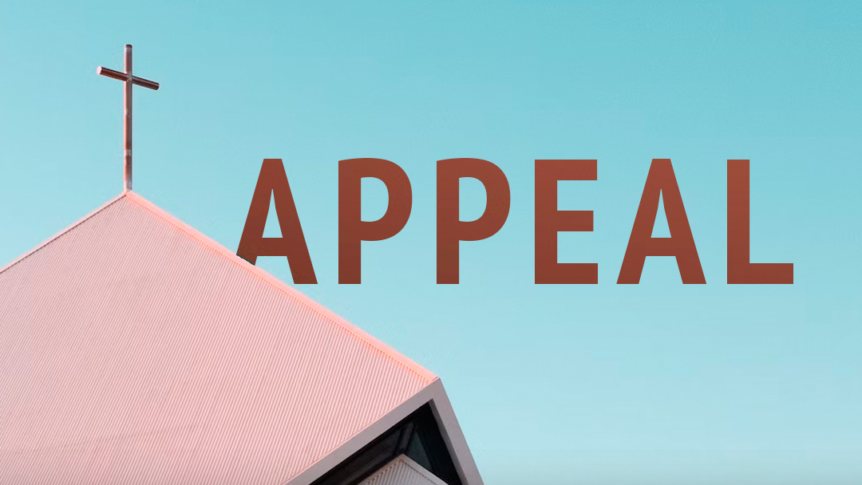OTTAWA, ONTARIO: The Justice Centre for Constitutional Freedoms is announcing that five Manitoba churches, a minister, a deacon, and a protester have filed an application with the Supreme Court of Canada to argue the national importance of the constitutionality of church closures and restrictions on outdoor gatherings from late 2020.
The five Manitoba churches, including Gateway Bible Baptist Church, and two individuals, including Pastor Tobias Tissen, have challenged the church closures, citing Charter breaches of their religious freedoms and freedoms to assemble and express themselves. A protester, Ross MacKay, challenged the limits on his ability to gather outdoors after he was ticketed. The province of Manitoba has admitted to violating the Applicants’ Charter rights to worship, express themselves, and assemble. Without explaining how or why the government’s evidence might be more persuasive than the Applicant’s evidence in the expert report of the former Chief Public Health Officer of Manitoba, Dr. Joel Kettner, the lower courts ruled that the violations of these Charter rights were justified under section 1 of the Charter.
The case was heard before the Manitoba Court of King’s Bench in May 2021. Chief Justice Glenn Joyal ruled in favour of the province, finding that the Charterviolations were justified under section 1. In a separate motion for costs brought by the government, he did not order the Applicants to pay court costs, as he found the public interest in having the case adjudicated was significant. The Applicants appealed before the Manitoba Court of Appeal in December 2022. Their appeal was dismissed in June 2023.
On September 18, 2023, the Applicants filed an Application for Leave to Appeal to the Supreme Court of Canada (SCC). They argue that the case raises issues of national importance that warrant the SCC to hear the case:
- How are constitutionally protected activities to be juridically measured against comparable non-constitutionally protected activities? What is the proper approach to the minimal impairment stage of the Oakes analysis with respect to public health orders that fully prohibit Charter-protected activities (eg. In-person religious worship) while permitting comparable non-Charter-protected activities (eg. In-person university classes, film and television productions, indoor team-training for the Winnipeg Jets, etc.);
- Does reliance on the “precautionary principle” satisfy the state’s onus under Charter section 1 to provide “cogent and persuasive” evidence to justify Charter-infringing measures?
As background, in late 2020, Manitoba closed churches while other businesses were permitted to remain operating, such as taxis, in-person university classes, film and tv productions, law offices, and liquor stores; the Winnipeg Jets were allowed to meet and train indoors with their extended crew, and summer Olympic competitors were allowed to train indoors. Outdoor gatherings were reduced to no more than five people, while at the same time hundreds of people could legally gather indoors at big box stores. In court, Manitoba did not produce any evidence that Covid spreads outdoors, or that outdoor gatherings were risky activities.
Lawyer Allison Pejovic stated, “We hope that the Supreme Court of Canada agrees that constitutional issues surrounding closing churches and curbing outdoor protests during a pandemic are worth the Court’s attention and adjudication. Canadians would like to understand whether the Charter’s protections can be easily cast aside during a pandemic, while non-Charter-protected activities with an economic interest remain open and operational.”
